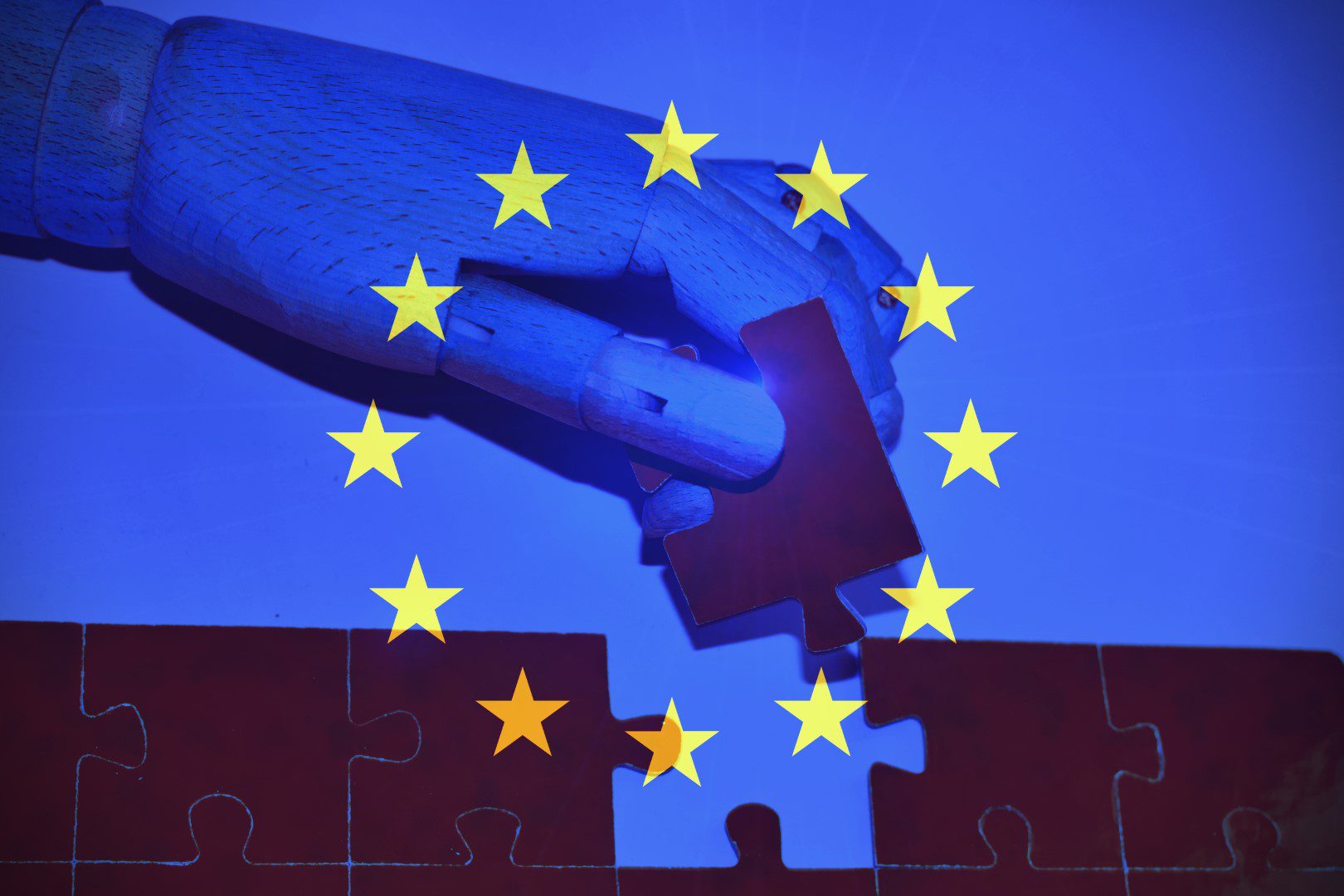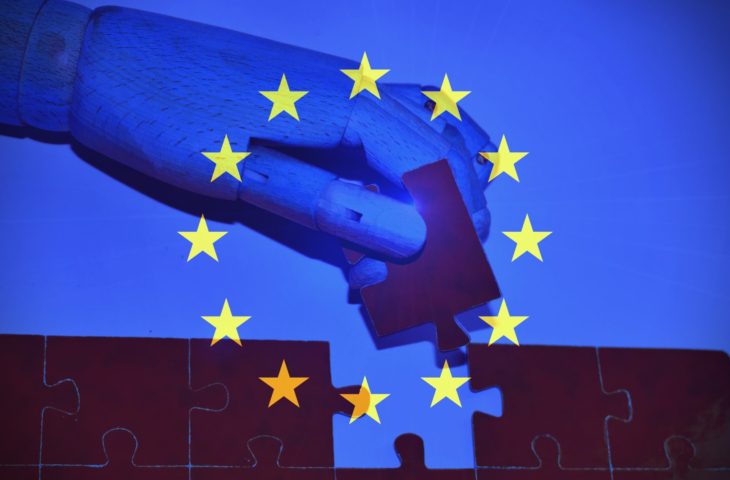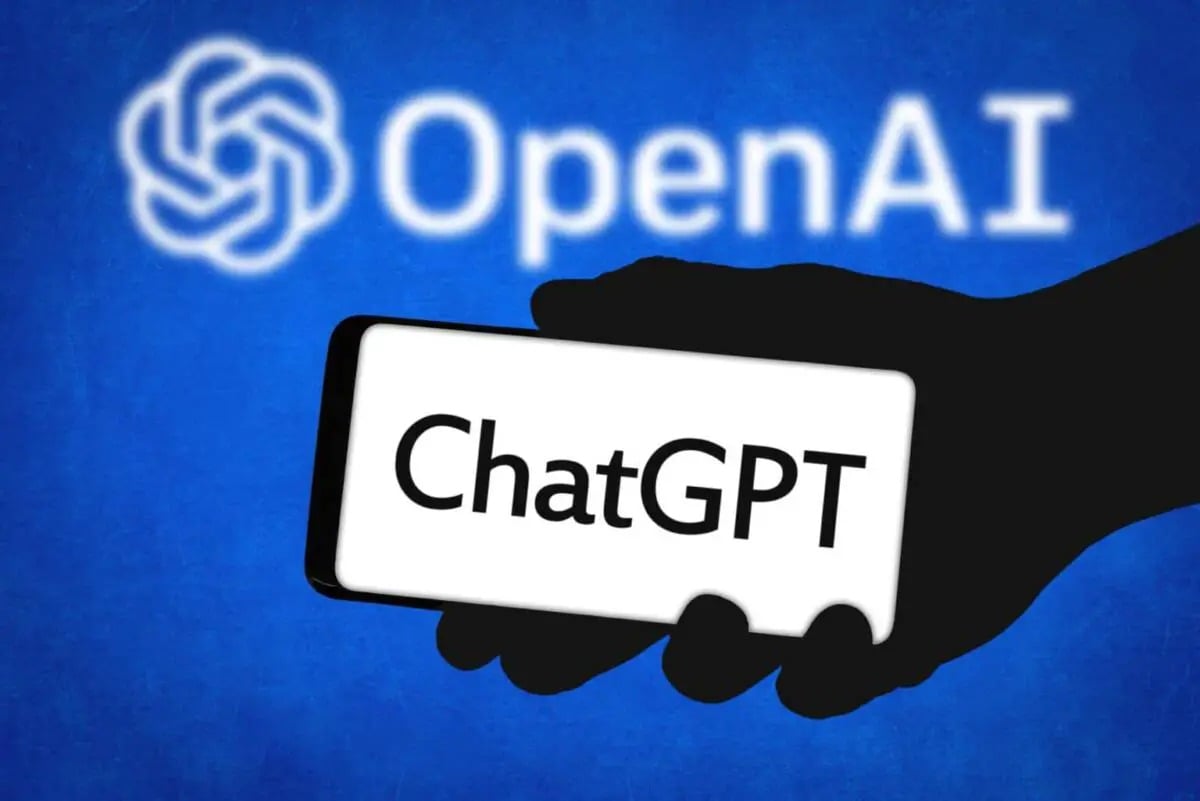The agreement on the European AI law has not been spared from criticism in recent weeks. EU Commissioner Margrethe Vestager bites the bullet.
On December 8th, white smoke rose from the buildings of the European institutions in Brussels. A historic agreement on the AI law was only reached at the last minute. After two years of negotiations, a consensus has finally been reached on the regulation of artificial intelligence. With these rules, the EU will be the first place in the world with clear AI laws.
Among other things, the draft law makes a distinction between “high-risk” and “low-risk” systems, with stricter rules applying to the first category. The use of facial recognition in public spaces is even considered an “inadmissible” risk. In addition, it must be clear to users when content was created with and through artificial means, and companies developing the systems must provide clarity about where the data from the training process comes from. Companies to which the rules apply should better respect them: the penalties amount to a maximum of 35 million euros or 7 percent of global turnover.
Rain of criticism
In the last few weeks there have been strong critical opinions about the text of the law. The Association of the Computer and Communications Industry speaks in Euronews of “potentially dramatic consequences” for the European technology industry. The proposed rules would have a detrimental impact on European AI startups and lead to a “brain drain” from Europe, it said. France Digitale also holds the same opinion.
The most conspicuous name in the list of critics is none other than French President Emmanuel Macron. “We can decide to regulate much faster and much more strongly than our major competitors. But we will regulate things that we will no longer produce or invent. That’s never a good idea. “We are already far behind the USA and China,” said Macron. France, along with Germany, was one of the obstructing parties in the negotiations.
Improving innovation
The Financial Times gives the European Commission the opportunity to defend itself against the wave of criticism. EU Competition Commissioner Margrethe Vestager accepts the challenge. In response, she says that the AI Act is not intended to slow down innovation and research in AI technology. According to Vestager, the opposite is true: the proposed rules will create a fairer environment for startups.
Criticism or not, it no longer looks like the European Union will take another step backwards with the AI law. There is some time pressure to finalize the final details. The European Parliament elections are just around the corner and the current legislature wants to have everything on paper in good time. But even then, it will still be at least two years before the rules actually come into force. Given the rapid advances in technology, the rules may already be outdated.
Fortunately, there are also parties who are happy with what is on the table. A European advocacy group that defends the rights of authors is settling for copyright clauses that mean AI companies can no longer simply use whatever content they find on the Internet to train their models. The New York Times newspaper is suing OpenAI and Microsoft for unlawful use of articles.














